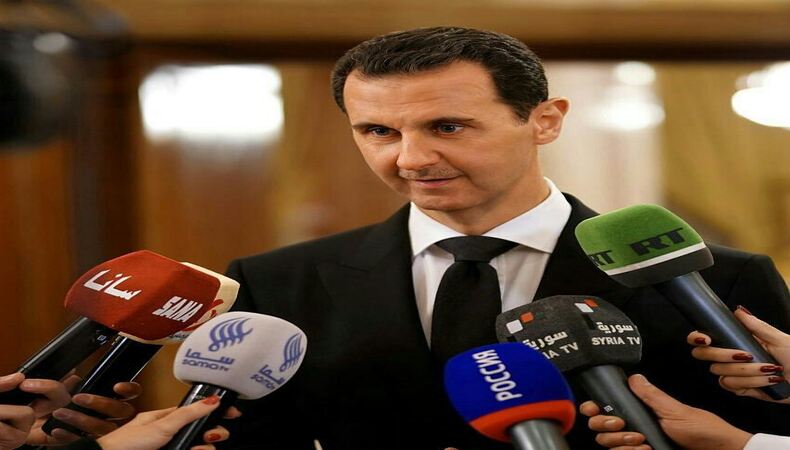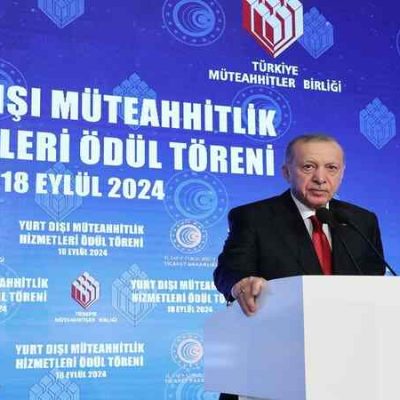Assad Acknowledges Challenges in Restoring Syrian-Turkish Relations

Speaking to the Parliament in Damascus on Sunday, Syrian President Bashar Assad noted that efforts to mend ties with Turkey had not yet shown any substantial success. Assad expressed dismay at the lack of progress even when major players in the region, Russia, Iran, and Iraq help to foster peace.
“The initiatives did not yield any results worth mentioning despite the seriousness and sincere keenness of mediators,” Assad said, highlighting the difficulty of the diplomatic attempts to bridge the distance between Syria and Türkiye. Türkiye broke relations between the two nations as she backed the rebels against Assad’s rule following the commencement of the Syrian civil war in 2011.
A call to openness and communication
Assad highlighted in his speech that healing relations will depend on transparency and addressing the basic causes of the conflict. “Restoring a relationship demands first removal of the causes leading to its destruction,” he added. Assad made it clear that he wants Turkish forces to leave Syrian territory, but he also noted that this demand was not necessary for renewing talks with Türkiye.
Assad’s comments line up with a time when the two countries exhibit obvious closeness. Officially inviting Assad in July, for the first visit since the relations deteriorated, Turkish President Recep Tayyip Erdoğan signed a possible breakthrough in their strained ties. Russia has been actively pushing to allow a meeting between the two leaders, having been Assad’s principal friend throughout the Syrian conflict. Iraq has also shown its preparedness to assist Assad and Erdoğan in reaching the negotiating ground.
What do regional mediators do?
In efforts to mend the sour relations between Syria and Turkey, Russia, Iran, and Iraq have all been somewhat significant. These nations have long highlighted as basic principles for any reconciliation the imperative of respecting Syrian sovereignty and combating terrorism. Assad expressed this in June when he said Damascus was open to initiatives designed to improve Turkish- Syrians relations as long as they were rooted on mutual respect for Syria’s sovereignty and a shared commitment to fight terrorism.
Notwithstanding these efforts, the road to normal has proven to be somewhat challenging. Talks set between ministers from the Turkish government and the Syrian government under sponsorship of Russia and Iran have as far produced no meaningful result. Still key obstacles to reconciliation include the deep animosity between the two countries and conflicting interests.
Historical Tensions and Current Complications
Syrian-Turkish relations have defined their background with decades of challenges. Relations deteriorated in 1998 when Türkiye alleged Syria backed the banned terrorist group Kurdistan Workers’ Party (PKK), which Ankara had found to be such. With the onset of the Syrian civil war in 2011, Türkiye received about 4 million Syrian refugees and supported opposition groups fighting Assad’s government, therefore worsening ties even more.
The current quest for reconciliation coincides with internal and external pressures both of which both nations go through. Recent riots aimed at Syrian immigrants in Turkey have raised questions about rising anti- Syrians sentiment. Especially as violence finally spread to several Turkish cities, these riots—which involved damage of Syrian houses and businesses—have aroused concerns about possible broader provocation. Particularly in places near the Turkish border where the PKK has been attacking crossing borders, Türkiye keeps defending its support of Syrian opposition groups by stressing the need to guarantee a terrorist-free northern Syria.
The Road Ahead: A Complicating Diplomatic Scene
Future is still undetermined while Assad and Erdoğan traverse the challenging terrain of Syrian-Turkish relations. Though there are indications of a readiness for communication, the deeply rooted issues causing antagonism between the two countries for more than ten years cannot be easily fixed. Any kind of reconciliation would mostly rely on the involvement of surrounding countries such Russia, Iran, and Iraq; nonetheless, it is quite clear that much more has to be done.
Rebuilding Syrian-Turkish relations hangs precasturally for now while both nations struggle with internal strife and outside pressure. These diplomatic efforts will have significant effects not only for Syria and Turkey but also for the overall peace of the region.



